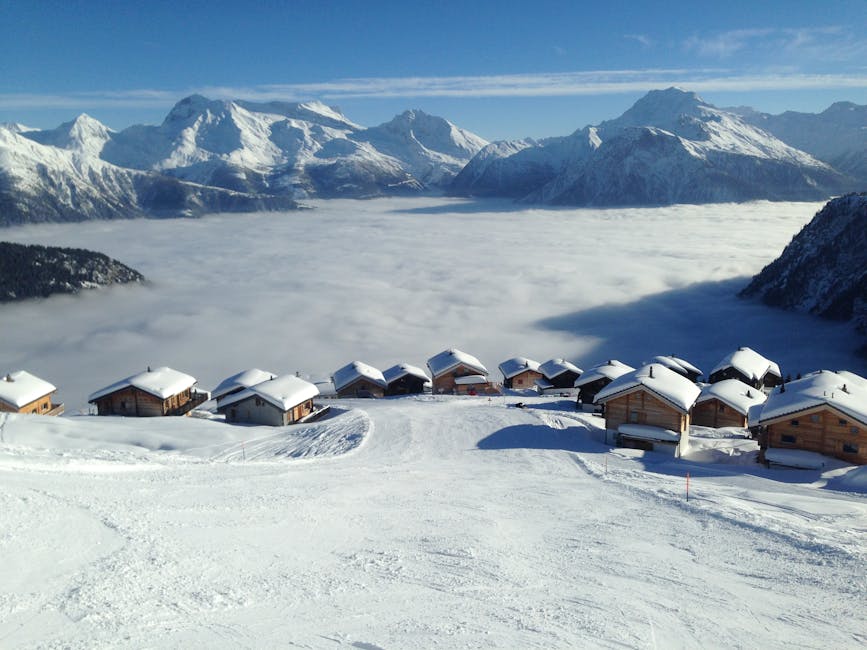**
The smoke may be clearing over el-Fasher, but the ghosts of the thousands killed will haunt Sudan for a generation. The fall of the North Darfur capital to the paramilitary Rapid Support Forces (RSF) is not just another bloody chapter in this 14-month-long civil war; it is a grim turning point that pushes the nation closer to the abyss of total state collapse and renewed genocide. The question echoing from the city’s blood-soaked streets to the sterile halls of international diplomacy is a desperate one: Can peace return to Sudan?
A Strategic and Humanitarian Catastrophe in Darfur
For months, el-Fasher stood as a precarious sanctuary. It was the last stronghold of the Sudanese Armed Forces (SAF) in the vast Darfur region and, more importantly, a refuge for over a million displaced civilians. Its fall is a strategic and humanitarian catastrophe.
The RSF’s victory, led by General Mohamed Hamdan “Hemedti” Dagalo, solidifies their control over a region already scarred by their precursors, the infamous Janjaweed militia. For the people of Darfur, particularly non-Arab ethnic groups, this is the terrifying return of their worst nightmares. Reports of ethnically targeted killings, mass looting, and sexual violence are flooding out, confirming the gravest fears of observers monitoring the Sudan crisis.
Why Peace Seems More Distant Than Ever
Any hope for a lasting peace process must first confront the monumental obstacles that now stand in its way.
Firstly, the military equation has been fundamentally altered. With Darfur almost entirely under their control, the RSF now holds significant leverage. They may feel less incentive to negotiate a power-sharing deal, believing a total military victory is within reach. On the other side, General Abdel Fattah al-Burhan’s SAF, humiliated and cornered, may see any negotiation from this position of weakness as a surrender. This dynamic turns the conflict into an existential, zero-sum game played with the lives of millions.
The World’s Shamefully Inadequate Response
Secondly, the international response has been shamefully inadequate. While the world’s attention has been focused on crises in Ukraine and Gaza, Sudan has been allowed to burn. Warnings from the UN and aid agencies about the impending massacre in el-Fasher went largely unheeded.
Toothless sanctions and feeble statements of condemnation have done nothing to deter the warring parties or their external backers, who continue to funnel weapons into the conflict. Without unified and severe international pressure, including a robust arms embargo and targeted sanctions on the war economies of both the RSF and SAF, the generals have no reason to stop fighting.
The Narrow Path Forward for Sudan
So, where is the glimmer of hope? If it exists, it lies not with the generals, but with the Sudanese people themselves. Across the country, civilian resistance committees and local activists continue to risk everything to organise mutual aid, document atrocities, and advocate for a civilian-led democratic future. They are the true soul of a nation being torn apart.
For peace to have a chance, this grassroots resilience must be empowered. A path forward requires a radical shift:
* A Revitalised Peace Process: The African Union and regional powers must lead a cohesive process that sidelines the men responsible for the war.
* Forced Humanitarian Corridors: Aid must be delivered to prevent the world’s largest displacement crisis from spiralling into a full-blown famine.
Ultimately, the fall of el-Fasher has shown that without immediate, forceful intervention, Sudan is hurtling towards disintegration. Peace can return to Sudan, but only if the world recognizes that the only peace worth having is one that holds the architects of this war accountable and centres the aspirations of its long-suffering people.
**




